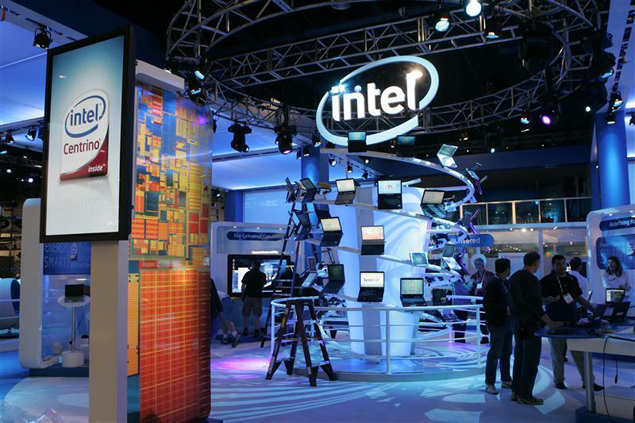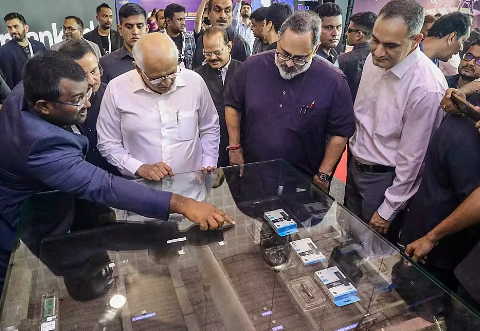To research on and develop the next-generation of semiconductors, IBM, Intel, Samsung, and Ericsson have joined forces. This collaboration is supported by the US National Science Foundation (NSF), which has given the tech behemoths $50 million for the study as part of its “Future of Semiconductors” initiative.
The next-generation chips will be created through “co-design” efforts between the NSF and the four tech behemoths on many fronts. In order to jointly address issues with device performance, chip and system level, recyclability, environmental effect, and manufacturability, Samsung, Ericsson, IBM, and Intel have joined forces.
According to NSF Director Sethuraman Panchanathan: “Future semiconductors and microelectronics will require transdisciplinary research spanning materials, devices, and systems, as well as the engagement of the full spectrum of talent in the academic and industrial sectors.”
The NSF hopes to use the $50 million in funding to “inform research needs, promote innovation, accelerate the translation of results to the market, and prepare the future workforce” through this collaboration involving Samsung, Ericsson, IBM, and Intel.
The NSF’s Future of Semiconductors (FuSe) Teaming Awards include this project. Independent development, according to the programme, has slowed down the creation of new methods, materials, tools, and architectural designs. The initiative sees a tremendous possibility in co-developing computing technologies in order to advance them and lower the cost of their application.
A holistic, co-design approach, according to the foundation, can hasten the creation of “high-performance, resilient, secure, compact, energy-efficient, and cost-effective solutions.”
It makes sense that Samsung, one of the most significant semiconductor producers in the world, would agree to this plan to jointly create next-generation chips. It is unclear exactly when the consumer and business industries will benefit from these partnerships for next-generation computer technology.









